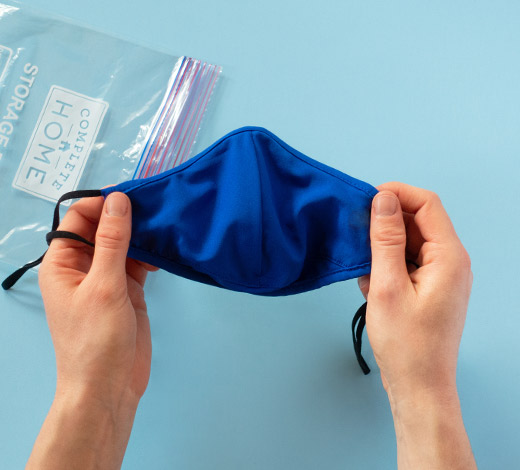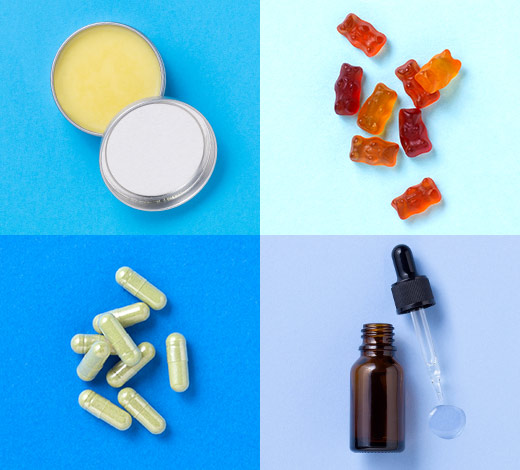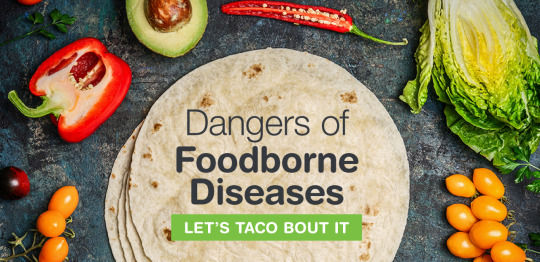
Ingredients in your burrito bowl from a large-scale Mexican eatery may have suffered from a bad case of E. Coli or norovirus—just two of 250 known foodborne illnesses. Yet food illness (also called food poisoning) is preventable.
What is Foodborne Illness?
Food poisoning is more common than most people think. More than 100,000 people are hospitalized and 3,000 people die each year in the U.S. from contaminated food or beverages.
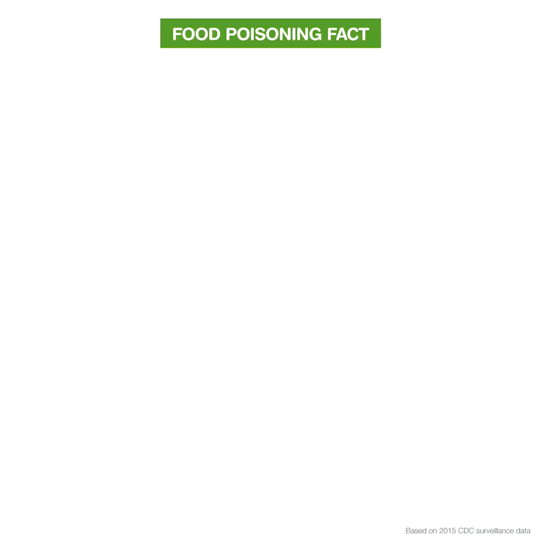
Some of the most severe food illnesses are caused by bacteria, such as Campylobacter, Salmonella and E. coli. Contaminated food can cause nausea, vomiting, stomach cramps and diarrhea. Without proper care, some foodborne illnesses can be fatal.
Norovirus—also called “cruise ship virus” or the stomach flu (although it’s not related to the common flu) — is the most common foodborne illness, making up more than 58 percent of all food poisonings in the U.S. according to the CDC.
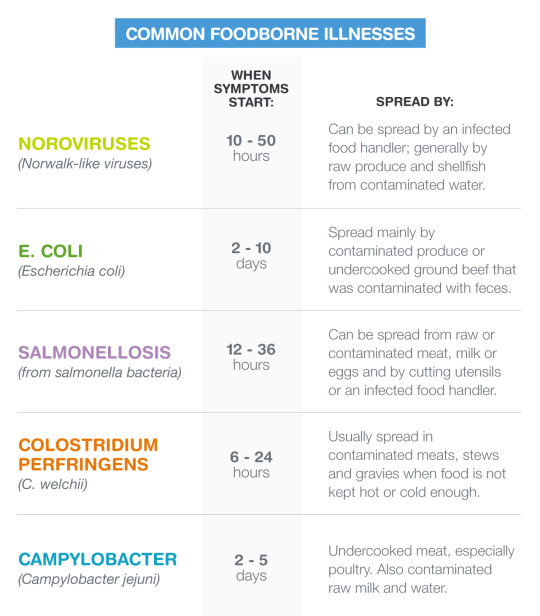
How Do Foodborne Illnesses Spread?
Many different bacteria, viruses and toxins can contaminate food when it’s being produced and prepared. For example, fruits and vegetables can be contaminated if they are washed from water contaminated with manure or sewage. The way that food is cooked or stored, can also lead to foodborne illness outbreaks.
Certain types of food are more commonly contaminated and linked to illnesses, such as raw meat, raw eggs, raw or unpasteurized milk or juices, and raw shellfish. Unwashed fruits and vegetables and uncooked alfalfa sprouts are also in danger.
Prevent Food Poisoning at a Restaurant
About 50 percent of all foodborne illness outbreaks were caused by food eaten at a restaurant according to the CDC. Look for these signs when you’re dining out:
- Check the records. Look for health inspection reports either posted in the restaurant or online.
- Take note of the restroom’s cleanliness. This could be a sign of the overall cleanliness of the location.
- Keep an eye on the salad bar. Serve-yourself buffet bars should always be clean and kept at the proper temperature.
- Scan the staff. Employees should have their hair pulled back, clothes kept clean and should not appear to be sick.

Prevent Food Poisoning at the Grocery Store
The US FDA offers the following advice to prevent illnesses while shopping for food:
- Check for cleanliness. What your overall impression of the store? Does it look and smell clean?
- Keep certain foods separated. Separate raw meat, poultry and seafood from other foods in your grocery shopping cart. Place these foods in plastic bags to prevent juices from dripping on other foods.
- Inspect packages. Don’t buy any food if the package is damaged. This includes cans that are bulging or dented, jars that are cracked or have loose or bulging lids, and frozen foods.
- Grab frozen foods and perishables last. Meat, poultry, fish and eggs should be the last items placed in your shopping cart. Make sure that the eggs are clean and none are cracked.
- Watch time and temperature. It’s important to put perishable products food (such as meat, poultry, fish and dairy) in the fridge as soon as possible. If it will take more than an hour to get your groceries home, use a cooler to keep frozen and perishable foods cool. Throw out any perishable that have been above 40 degrees for over 2 hours, and even sooner if it’s hot, to avoid bad bacteria.
Prevent Food Poisoning at Home
Food prepared in a private home causes more than 20 percent of all food poisonings. The golden rule—If you’re sick, do not prepare food for others. Here are other ways you can keep your home in the clear:
- Wash hands, cutting boards, utensils and countertops. Clean and disinfect contaminated surfaces by using a bleach-based household cleaner. Scrub hands with soap and water for 20 seconds before, during and after meal preparation. Use alcohol-based hand sanitizers if soap and water aren’t available.
- Wash fruits and vegetables and cook seafood all the way through, including shellfish such as oysters.
- Separate raw meat, poultry and seafood from ready-to-eat foods.
- Use a food thermometer to make sure cooked foods reach a safe temperature.
If you think you have food poisoning or an allergic reaction to food, call your doctor. If it’s an emergency, call 911. If you believe you or someone you know became sick from eating a certain food, contact your county or city health department.
Be well, stay well~
Pharmacist Andy
Andy Stergachis, Ph.D., R.Ph. is the Director of the Global Medicines Program at the University of Washington in Seattle and a subject expert on public health and pharmacy-related topics.

